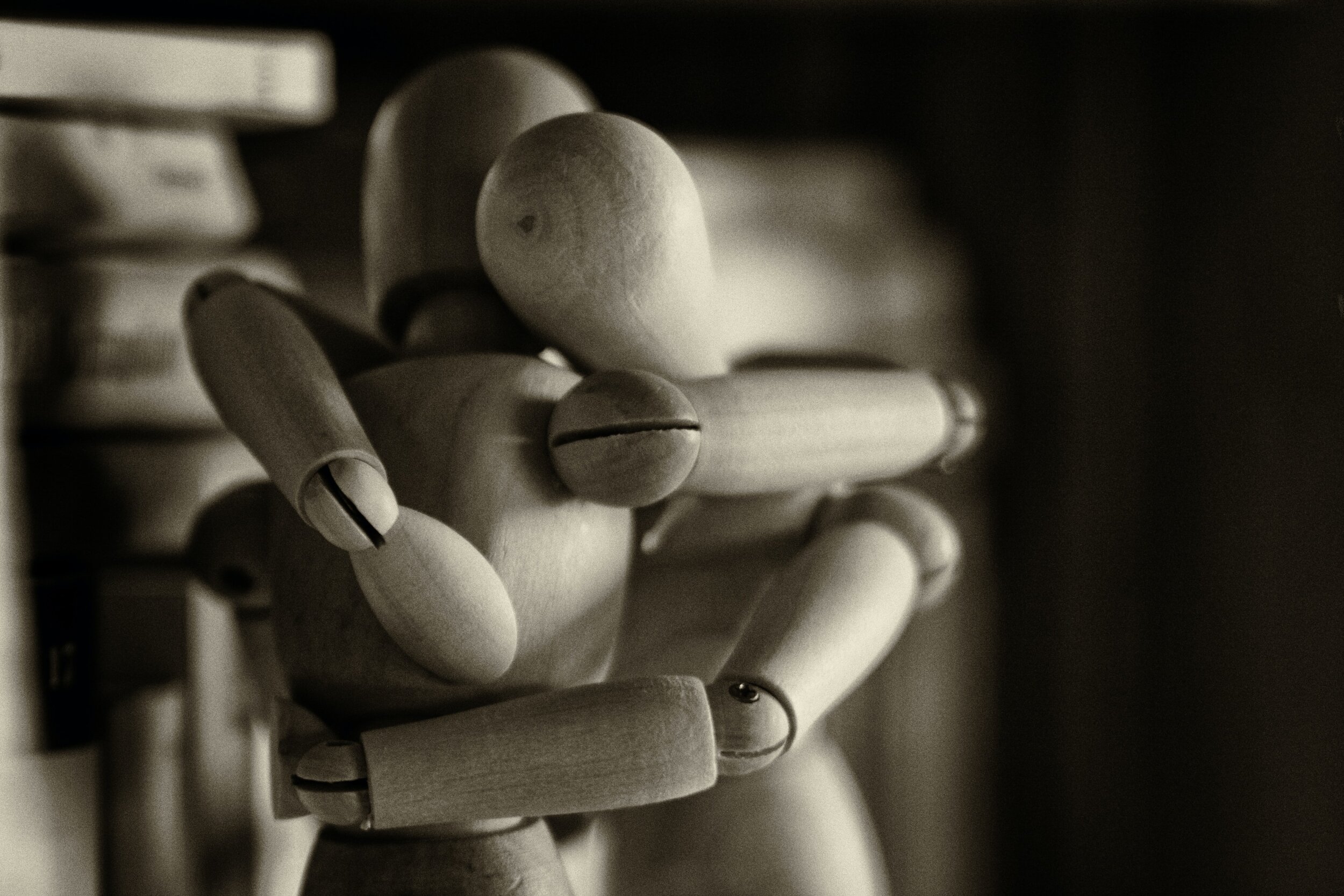Understanding Yourself and Others
Padma Gordon
In our Rare mothers in Relationships Workshop this past week, we began the conversation about attachment theory or understanding your “emotional relating” style. This points directly to how you came to be you. We talked about how important it is to understand yourself, your needs and also to understand how the people around you work. This might refer to your partner, family member, or someone on your support team.
When you understand how to meet people where they are and how not to trigger them, you create healthy relationships in your life. As a Rare mother, you need to have a strong team. Feeling supported enables you to show up for your family and your Rare child or children and not get burned out. You need to share the responsibilities and work together.
A Brief Overview of the Primary Attachment Styles
Secure
These people are easy to relate to and come across as kind and stable. They get along with others and tend not to be very reactive. These people have what is known as a secure attachment. This means that they got the attention and love that they needed when they were small. People in their family considered others before taking action. They most likely grew up in a loving environment.
Anxious
Others may behave in a more anxious way. Maybe it’s hard for them to trust and they feel like they are continuously running at a deficit. Perhaps their primary attachment figure or primary caregiver as a child was distracted or for a variety of reasons like their own anxiety or an addictive behavior they were unable to meet the child’s needs. This can give rise to what is called an anxious attachment style. People like this need a lot of reassurance and steadiness is medicine for them.
Avoidant
The third primary attachment style is what is known as an avoidant attachment style which means that these people like to spend a lot of time alone and are extremely independent. They developed this ability to be independent because their primary attachment figure may have been distant or overbearing. They learned early on that they would do well to figure out how to take care of themselves rather than rely on others if they wanted to survive. If this resonates with you or someone you are close to, you may need to give them a lot of space in order for them to feel at ease. If you come too close too fast with too many needs, they might just pull away and shut down.
Disorganized
There is a fourth attachment style which is called a disorganized attachment style. People with this attachment style really did not get what they needed and they may also have been abused or experienced other types of trauma when they were young. It can be hard to get close to these people or to earn their trust. One must be very very gentle when relating to someone who has a disorganized attachment style. There are many resources for attachment theory and I will share them in our workshop.
These descriptions are extremely brief and they are intended to whet your appetite for deeper discussions with other Rare mothers about your own attachment style and how it impacts your ability to relate, connect or be close with the important people in your life.
Join Us
Please come join us this week to dive deeper into this rich material. You will have a chance to speak and share as well as listen and be in our wonderful community. We meet every Tuesday morning at 10am PST. Drop-in anytime. You are always welcome.
Here is the link to register and join.

